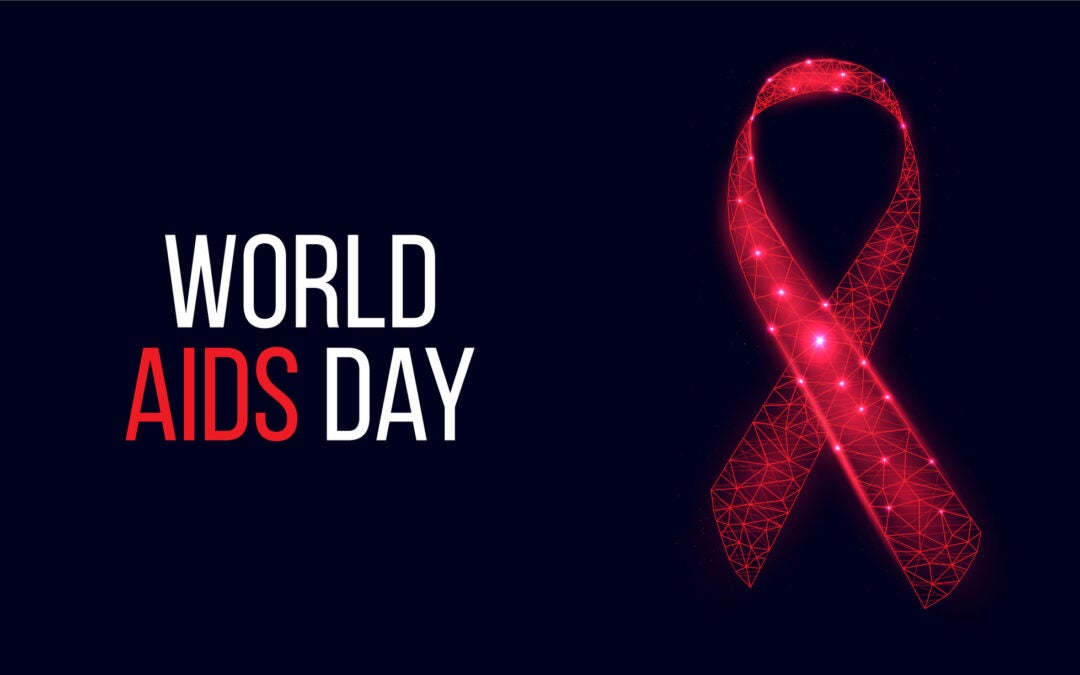Statesman, author and philosopher Winston Churchill once said, “We make a living by what we get. We make a life by what we give.”
When one gives a tangible gift like a bottle of wine, a bouquet of flowers, a store gift certificate or something similar, there is surely value… but the value is short-lived and even the memory never lasts.
When one gives what “seems” to be an intangible gift like ideas, information, access and solutions, not only does it last (often forever) it is more appreciated than a physical present.
Called “knowledge sharing” by some, the practice of exchanging ideas, information, expertise and ideas fosters respect and builds appreciative relationships.
There are a number of ways you can share knowledge. The three most common are…
- Training (a formal, structured academic sharing)
- Technological (using social media, the internet, E Mail, Text Messages, etc.)
- Informal (conversations, idea exchange activities)
There can be resistance to sharing inasmuch some individuals show hesitancy to receive shared information and knowledge as they believe that defines another as possessing power and leadership.
In an organization, sharing knowledge is a compelling imperative for fostering team work, promoting diverse thinking and ideas, boosting collaborative productivity and building trust. It also creates and supports a culture of continuous learning while it concurrently promotes employee development and ultimately morale.
Historically, the benefits of sharing knowledge include, but are not limited to…
- Builds Collaboration
- Increases Team Productivity
- Enhances The Decision-Making Process
- Sparks New Ideas and Innovation
- Is A Catalyst To Employee Development
- Boosts Morale and Positivism
- Builds Trusting Relationships
Creating a culture of knowledge sharing is more than developing and implementing structured sharing sessions, and crafting processes, principles and tools. It is devoting time and activities to create a legitimate “culture of knowledge sharing.”
What are some of the things that are critical to truly fostering this kind of culture? Here’s a short list worthy of noting.
- Senior executives in an organization should constantly and continuously lead by example. By actively demonstrating their commitment to a sharing culture, others will be encouraged to follow suit.
- By candidly, honestly and openly encouraging team members to share outcomes (i.e. successes, failures, etc.), the result is typically building a learning organization that will build on the learning (and sharing) and prosper.
- Giving “lip service” to being a “learning organization” that encourages knowledge sharing doesn’t work. Allocating time and resources for team members to actively share knowledge (and knowledge sharing activities) is the key to success.
Years ago, while serving as a business development “lead consultant” to The Coca-Cola Company, my wife Kim and I created a program called “ASK” (Always Share Knowledge). In short, our premise was that sales people who meet with customers and prospects and only bring (and present) product and pricing information are limiting their relationship and trust-building with a customer.
If, on the other hand, sales reps brought customers ideas, information, access and solutions… real, valuable knowledge sharing… their relationships, customer loyalty and respect would soar. Simply put, ideas, information, access and solutions becomes a more important currency between buyer and seller.
We asked sales associates in “ASK Training” how a customer viewed them. They all said they were viewed as salespeople selling Coca-Cola beverages. None of them… I repeat, “none of them…” said they were viewed by their customers as true partners who shared ideas and important insights that could help a customer grow and prosper.
The real value of that sales relationship is “what” a sales professional can bring to their customer more than just product, packaging and pricing.
Albert Einstein once wrote, “The scarcest resource is not oil, metals, clean air, capital, labor or technology. It is our willingness to listen to each other and learn from each other and to seek the truth rather than seek to be right.”
The only thing better than having knowledge is sharing it with others. Dare and care to share.
Columnist and Acworth, GA. resident, Ira Blumenthal, is a business consultant, a best-selling author, a globally reknowned speaker, and a youth Lacrosse coach. Learn more about Ira and his book, YOUR BEST is NEXT, at www.iraspeak.com.
You can follow Ira on instagram @irajblumenthal and look for his latest boook on Amazon. RUNDOWN: Safe at Home.











